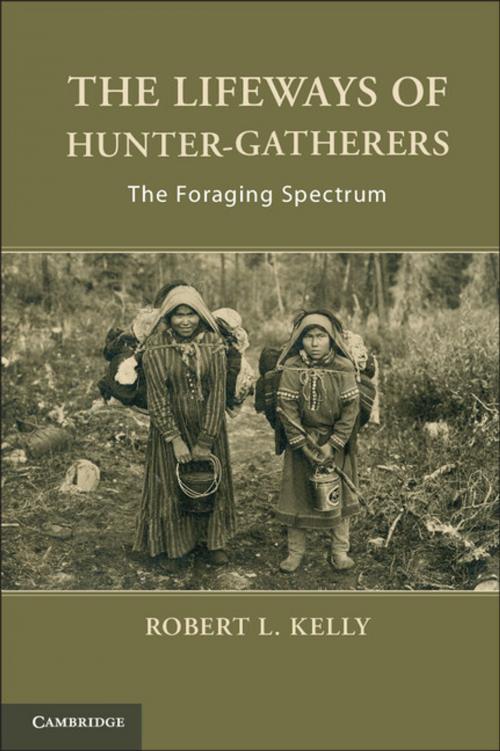The Lifeways of Hunter-Gatherers
The Foraging Spectrum
Nonfiction, Social & Cultural Studies, Social Science, Archaeology, History| Author: | Dr Robert L. Kelly | ISBN: | 9781107357594 |
| Publisher: | Cambridge University Press | Publication: | April 15, 2013 |
| Imprint: | Cambridge University Press | Language: | English |
| Author: | Dr Robert L. Kelly |
| ISBN: | 9781107357594 |
| Publisher: | Cambridge University Press |
| Publication: | April 15, 2013 |
| Imprint: | Cambridge University Press |
| Language: | English |
In this book, Robert L. Kelly challenges the preconceptions that hunter-gatherers were Paleolithic relics living in a raw state of nature, instead crafting a position that emphasizes their diversity, and downplays attempts to model the original foraging lifeway or to use foragers to depict human nature stripped to its core. Kelly reviews the anthropological literature for variation among living foragers in terms of diet, mobility, sharing, land tenure, technology, exchange, male-female relations, division of labor, marriage, descent and political organization. Using the paradigm of human behavioral ecology, he analyzes the diversity in these areas and seeks to explain rather than explain away variability, and argues for an approach to prehistory that uses archaeological data to test theory rather than one that uses ethnographic analogy to reconstruct the past.
In this book, Robert L. Kelly challenges the preconceptions that hunter-gatherers were Paleolithic relics living in a raw state of nature, instead crafting a position that emphasizes their diversity, and downplays attempts to model the original foraging lifeway or to use foragers to depict human nature stripped to its core. Kelly reviews the anthropological literature for variation among living foragers in terms of diet, mobility, sharing, land tenure, technology, exchange, male-female relations, division of labor, marriage, descent and political organization. Using the paradigm of human behavioral ecology, he analyzes the diversity in these areas and seeks to explain rather than explain away variability, and argues for an approach to prehistory that uses archaeological data to test theory rather than one that uses ethnographic analogy to reconstruct the past.















